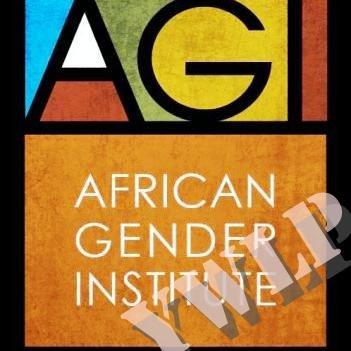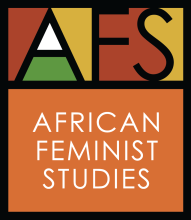
The notion of ‘young women’ spans different approaches to understanding the politics of sexual and
reproductive health and rights, and despite the complexity of this notion, it offers a very particular
challenge to those working in universities in Southern Africa. In brief, to differing extents universities
face a number of challenges: challenged economies, rising numbers of young people with a strong
desire for class mobility through higher education, campus structures which are too small (in many
ways) to accommodate these numbers, and the question of the ‘brain drain’ which pulls researchers,
teaching faculty and prospective students away from national university spaces towards
international ones. At the same time, the gender parity of students admitted to universities has
become more equitable, women are increasingly present in non-traditional areas of study (medical
science, business, and the sciences more broadly), and women are more visible within higher
echelons of university leadership.
AGI, through our engagement with each campus team who have been part of the project since its
inception in 2010, argue that the young women who are accepted into universities in the region are
thus faced with complex double messages. On the one hand, their academic institutional cultures
increasingly recognize their equality with men and their intellectual potential; on the other hand,
their contexts include high levels of vulnerability to sexual violence, stereotypes of hypersexual
femininity, and strong – usually conservative - expectations around their identities as future
‘girlfriends’, ‘wives, and ‘mothers’. The territory they negotiate as gendered and sexual people is one
fraught with opportunity, challenge, anxiety, and excitement, and it is one which constitutes much
of the ‘informal curriculum’ of any higher education institutional culture. And yet, this is a territory
very poorly represented within formal university curricula. Even with education in medical sciences
(degrees in medicine, surgery, and nursing), there is very little opportunity to explore the politics of
the body beyond questions of disease and intervention.
From 2010-2020, AGI’s Young Women’s Leadership (YWL) project focused on strengthening the
capacity of young women within four different Southern African contexts (Botswana, Namibia, South Africa,
Zimbabwe, and Mozambique) to strengthen their capacity for research and leadership around
questions of reproductive and sexual health and rights. The project developed cross-
institutional and cross-national linkages and simultaneously effected a concrete change within each
context. The project was rooted in work done by the AGI over many years in the politics of sexuality
and gender within African contexts, and most recently in a project which concentrated on young
women’s leadership in this area.
The general objectives of the YWL project were to:
· Create opportunities for young women, in some SADC university contexts, to develop new
leadership and advocacy skills, in the specific context of grounded SRHR research
· Stimulate strong, Southern African-based, action research which takes issues of sexuality,
reproductive rights and gender for young women seriously
· Develop partnerships between young women based in different SADC campuses around the
importance of reproductive and sexual rights
· Contribute to the reduction of young women’s vulnerability to HIV-transmission, gender-based
violence, and critically, to discourses of ‘feminine powerlessness’ in our different national
contexts
· Stimulate movement-building in national, and regional contexts, around reproductive and sexual
rights.
· Strengthen young women’s knowledges of the histories and politics of the concept of sexual and
reproductive health and rights, and of their location as rights within SADC contexts.
· Develop and share action research methodologies sensitive to the complexities of working with
gender, reproduction and sexualities to create so that knowledge creation is integrated into
direct activism (this could be policy change, media advocacy, and so on).
· Unpack concepts of leadership in ways that resonate with young women in higher education,
and offer them opportunities for personal and professional growth trajectories.
· Learn from young women about the intersections of context, access to reproductive rights, and
the options for sexual agency and choice.
